
Alright, let’s take a closer look at Albillo, a grape that’s been flying under the radar but is starting to turn heads in the wine world. If Albillo is new to you, no worries—you’re about to discover something special. First up, we’ll explore what gives Albillo grapes their unique charm, from the flavours they bring to the table to the reasons why wine enthusiasts are falling head over heels for them.
Albillo is a part of the rich Spanish winemaking history, contributing to the diverse grape varieties and regions that define Spain's unique wine culture.
We’ve also got some juicy tidbits about Albillo to share, like its role in traditional winemaking and a few quirky physical characteristics that make it stand out from the crowd. Next, we’ll hop in our time machine and trace the grape’s journey through history, seeing how it’s changed and evolved along the way.
Wondering where Albillo feels most at home? We’ll give you the scoop on the perfect conditions for this grape to work its magic and how different terroirs leave their mark on the final product. Last but not least, we’ll raise a glass to some of the most impressive wines crafted from Albillo, showing you why this underdog grape deserves a spot in the limelight. Whether you’re a seasoned wine connoisseur or just eager to learn, this deep dive will help you understand why Albillo is so darn lovable.
Albillo grapes are like that cool, artsy kid in the Spanish wine world that not everyone knows about yet. These grapes have been around the block in Spain for ages, mostly hanging out in places like Ribera del Duero, Madrid, and the Sierra de Gredos. They really vibe with the continental climates and mixed bag of soils in these areas, which help them develop their unique personality. Albillo grapes are on the smaller side, with a cute, round shape and a light golden-green complexion. The wines they make are usually pale and straw-coloured, with a delicate, aromatic vibe that’s all about subtlety. Think hints of stone fruit, floral notes, and a sprinkle of herbs—perfect for folks who like their white wines with a little more finesse.
What’s really rad about Albillo is how it can really capture the essence of where it’s grown, or as wine geeks like to say the “terroir.” This means that Albillo wines can be pretty diverse depending on their hometown, making them always fun to explore. With a moderate level of acidity and a creamy, rounded texture, Albillo wines are typically smooth and easy-going, often with a subtle minerality that adds to their charm. In comparison, other wines like Sauvignon Blanc, known for its bright and fresh flavours, offer a more pronounced acidity and vibrant citrus notes. This contrast highlights Albillo's unique characteristics, such as its subtlety, lively acidity and creamy texture, making it a distinctive choice for those who appreciate a more nuanced white wine.
Albillo has often played a supporting role as a blending grape, adding some depth and complexity to red wines. Lately, however, winemakers have started to see Albillo’s potential as a solo act, leading to a bit of a revival. Today, it’s celebrated for its elegance and ability to bottle up the unique character of its surroundings, offering a taste of Spain’s rich wine heritage in every sip.
Albillo is known for its unique characteristics that make it stand out among white grape varieties, especially within Spain. These grapes are typically small, round, and have a light golden-green skin, giving them a beautiful, delicate appearance. When it comes to what’s inside, Albillo is all about subtlety and finesse, offering a lovely balance of flavors and aromas.
One of the key characteristics of Albillo is its aromatic profile. Expect delicate notes of white flowers, stone fruits like peach and apricot, and sometimes a hint of herbs or fennel. It’s not an overly aromatic grape, but that’s part of its charm—it’s all about those gentle, nuanced aromas that invite you in without being overpowering.
In terms of flavour, Albillo wines are usually light to medium-bodied with a smooth, creamy texture. They have moderate acidity, which keeps them fresh and lively but not overly sharp. You’ll often find flavours of ripe pear, apple, and subtle citrus, along with a distinctive minerality, especially when grown in regions with calcareous or granite soils. This minerality adds a refreshing, almost saline quality that makes Albillo wines particularly food-friendly.
Another characteristic of Albillo is its versatility. It can produce everything from fresh, easy-drinking wines to more complex, oak-aged versions with added layers of texture and flavor. This adaptability means Albillo can be a bit of a chameleon, reflecting the specific terroir where it’s grown—whether that’s the high-altitude granite slopes of Sierra de Gredos or the calcareous soils of Ribera del Duero.
Overall, Albillo is all about balance and subtlety, offering wines that are elegant, fresh, and reflective of their origins. It’s a grape that doesn’t shout but speaks softly with a refined and distinctive voice, making it a delightful discovery for those willing to explore its many charms.
Several grape varieties include "Albillo" in their name or use it as a synonym, but there isn’t a single grape officially named "Albillo." The Spanish government often groups these different Albillo varieties under one umbrella term, so planting statistics reflect the combined totals of all Albillo grapes. However, not all grapes called Albillo are genetically the same. The VIVC (Vitis International Variety Catalogue) recognizes at least five genetically distinct Albillo varieties, with the possibility of more.
The Albillo grape family is like a tight-knit crew, each member bringing their own distinctive character and flavour to the mix:
The Albillo grape is like that old friend you haven’t seen in years, but once you reconnect, you realize they’ve been doing some seriously cool stuff. This Spanish wine grape has been around the block a few times, with a history that goes all the way back to when the Romans were running the show. The name Albillo actually comes from the Latin word for white, “albus,” which makes perfect sense when you see its pale, golden berries shining in the sun. Even though it’s been grown in places like Castilla y León, Madrid, and Ribera del Duero for what feels like forever, Albillo hasn’t always been the life of the party. Sometimes, it was even relegated to being a humble table grape!
During the medieval and Renaissance times, Albillo was often the wingman rather than the leading lady. Its neutral flavour made it a great team player in blends, but it rarely got the chance to steal the show. And let’s be real, the 20th century wasn’t exactly Albillo’s golden age. As vineyards started getting all fancy and international grapes took center stage, many native varieties like Albillo found themselves on the chopping block. To make matters worse, Albillo’s low yield and tendency to catch a bug or two didn’t do it any favours. Meanwhile, Tinto Fino, another native grape, was gaining recognition for its deeply coloured, full-bodied wines and complex flavours, solidifying its historical significance in Spanish winemaking.
But then, like a phoenix rising from the ashes, Albillo made a comeback in the 21st century. Winemakers started digging into their roots and realized that this grape was a hidden treasure. People finally saw that Albillo had a unique way of expressing the terroir of different regions, giving each wine its own special something. The real turning point was in 2019 when Ribera del Duero gave Albillo a major thumbs up, making it the first white grape allowed in a region that’s usually all about the reds—talk about a glow-up!
Nowadays, you’ll mostly find Albillo hanging out in Ribera del Duero, Madrid, and the Sierra de Gredos. It’s earned a reputation for producing wines that are elegant, aromatic, and have just the right amount of acidity and minerality to keep things interesting. Sure, Albillo might still be a bit of a hipster grape, but it’s definitely earned its street cred in Spain’s wine scene. It’s a testament to how Spain is embracing its native grapes and celebrating all the unique flavours they bring to the party.
Albillo grapes are like that picky friend who only really shines when they’re in the right environment, but when they are, oh boy, do they know how to party! Getting those conditions just right can make all the difference in bringing out Albillo’s best qualities and producing those fresh, aromatic wines that are starting to turn heads among wine lovers. In comparison, red grapes such as Parraleta and Juan García also require specific conditions to develop their distinct flavours and aromas. The quality and ripeness of these red grapes are crucial in the winemaking process, emphasizing the importance of the right environment for all grape varieties.

Albillo grapes are like that adaptable friend who feels at home wherever they go but always brings a bit of their own unique flavour to the party. In Spain, Albillo has found its crew in a few key wine regions, each with varietal character and its special vibe that shapes the grape’s personality. From the limestone soils of Ribera del Duero to the rugged granite slopes of the Sierra de Gredos, Albillo knows how to vibe with its surroundings, resulting in a range of wine styles that are like a delicious reflection of their hometown. These regions, known for cultivating various grape varieties such as Treixadura, Airén, and Loureiro Blanca, contribute to the unique characteristics of the wines produced.
Albillo might not be the first grape that pops into your head when you think of Spanish wines, but some serious rock stars are putting this grape in the spotlight. Known for their unique aromatic profiles and terroir-expressions, these wines are turning heads and showing the wine world what Albillo is made of.
Albillo is like that underdog that might not be the most popular kid in school, but once you get to know them, you realize they’ve got some serious charm and a lot to bring to the table. From its humble beginnings way back in the day to its recent comeback, Albillo has shown that it’s not just a sidekick or a footnote in Spain’s winemaking history—it’s a star in its own right with a unique personality and plenty of tricks up its sleeve. Whether it’s the crisp, mineral-rich wines from the Sierra de Gredos that are like a refreshing dip in a mountain stream, the creamy and complex bottles from Ribera del Duero that are like a fancy dinner party in your mouth, or the uniquely volcanic flavours of Albillo Criollo from the Canary Islands that are like a tropical adventure, each wine is like a postcard from its hometown, telling a different story of the land it comes from.
As more winemakers get creative with Albillo, it’s like they’re unlocking a whole new level of the game. Its adaptability, paired with the growing trend toward sustainable and traditional winemaking, means Albillo is definitely the grape to watch, like the dark horse in a race. For anyone looking to try something off the beaten path, Albillo is like a breath of fresh air and a direct link to Spain’s rich history of wine-making street cred.
Exploring Albillo isn’t just about enjoying a glass of wine—it’s about supporting the preservation of Indigenous grapes that add so much flavour to the wine world, like a spice rack for your taste buds. Blind tasting events are crucial in evaluating Albillo wines, ensuring an unbiased appreciation of their unique qualities. So, whether you’re discovering Albillo for the first time or already a fan, now’s the perfect time to dive in and give this remarkable grape the props it deserves. Cheers to Albillo and the unique flavours it brings to the party!
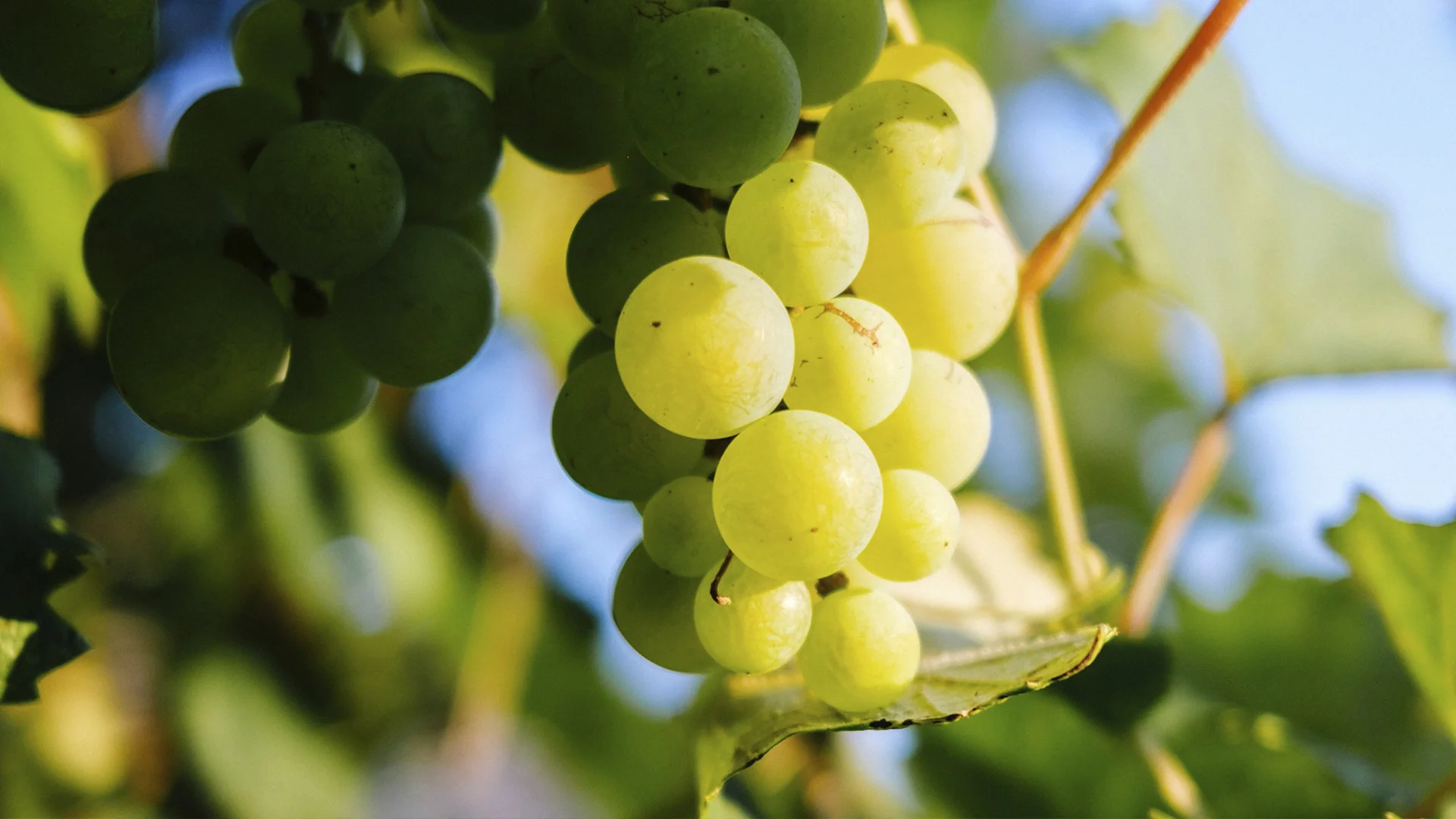
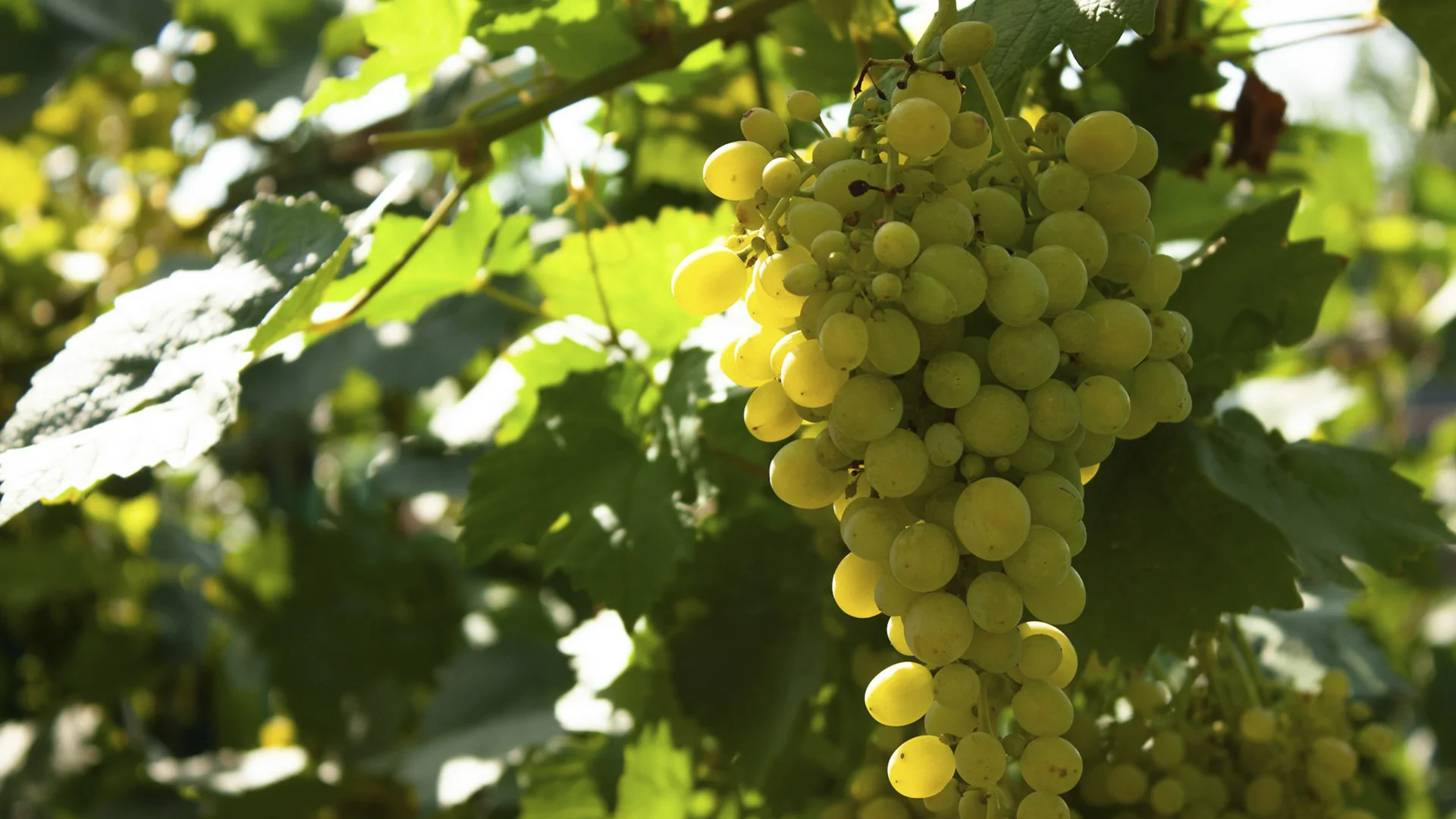
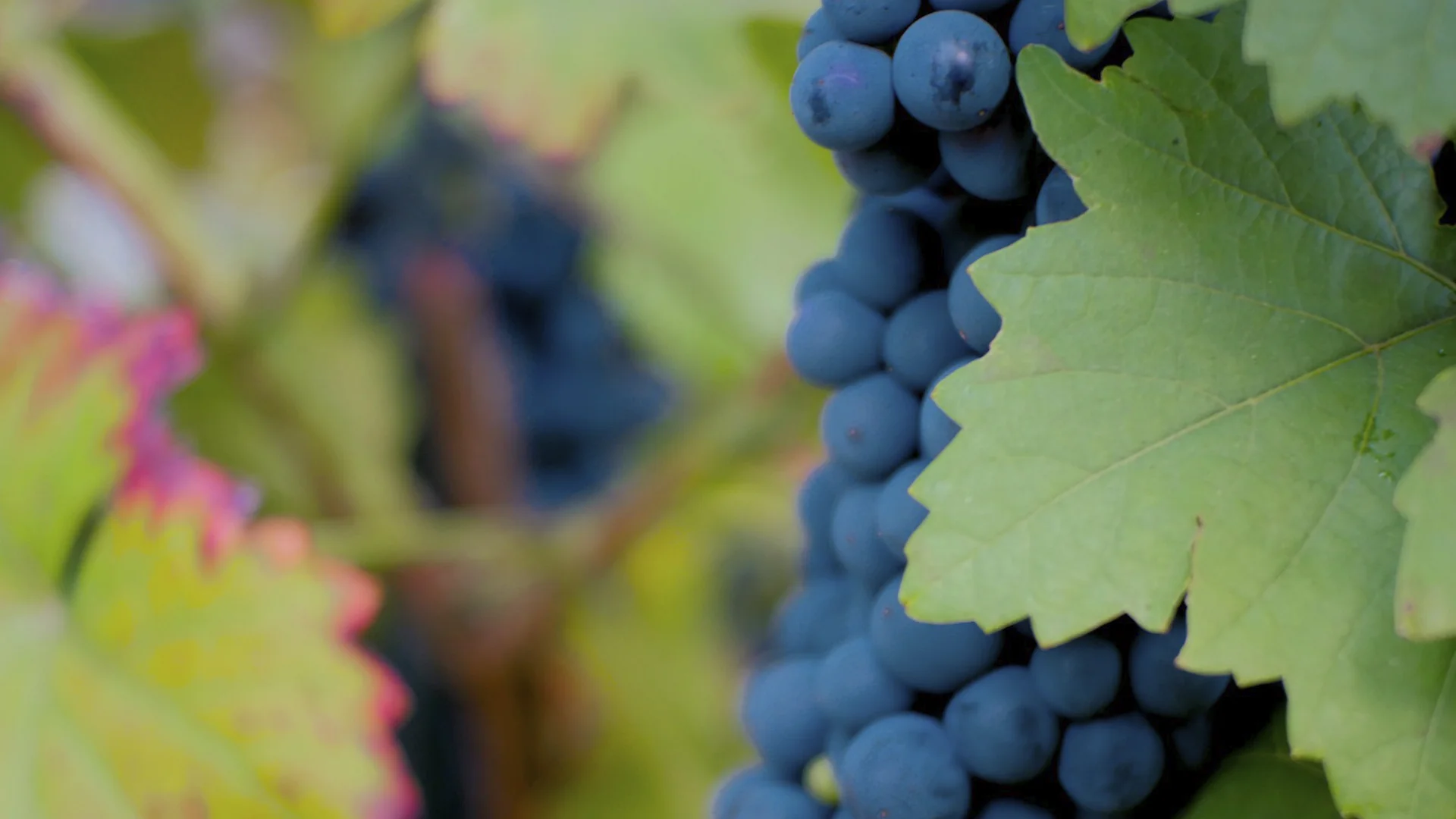
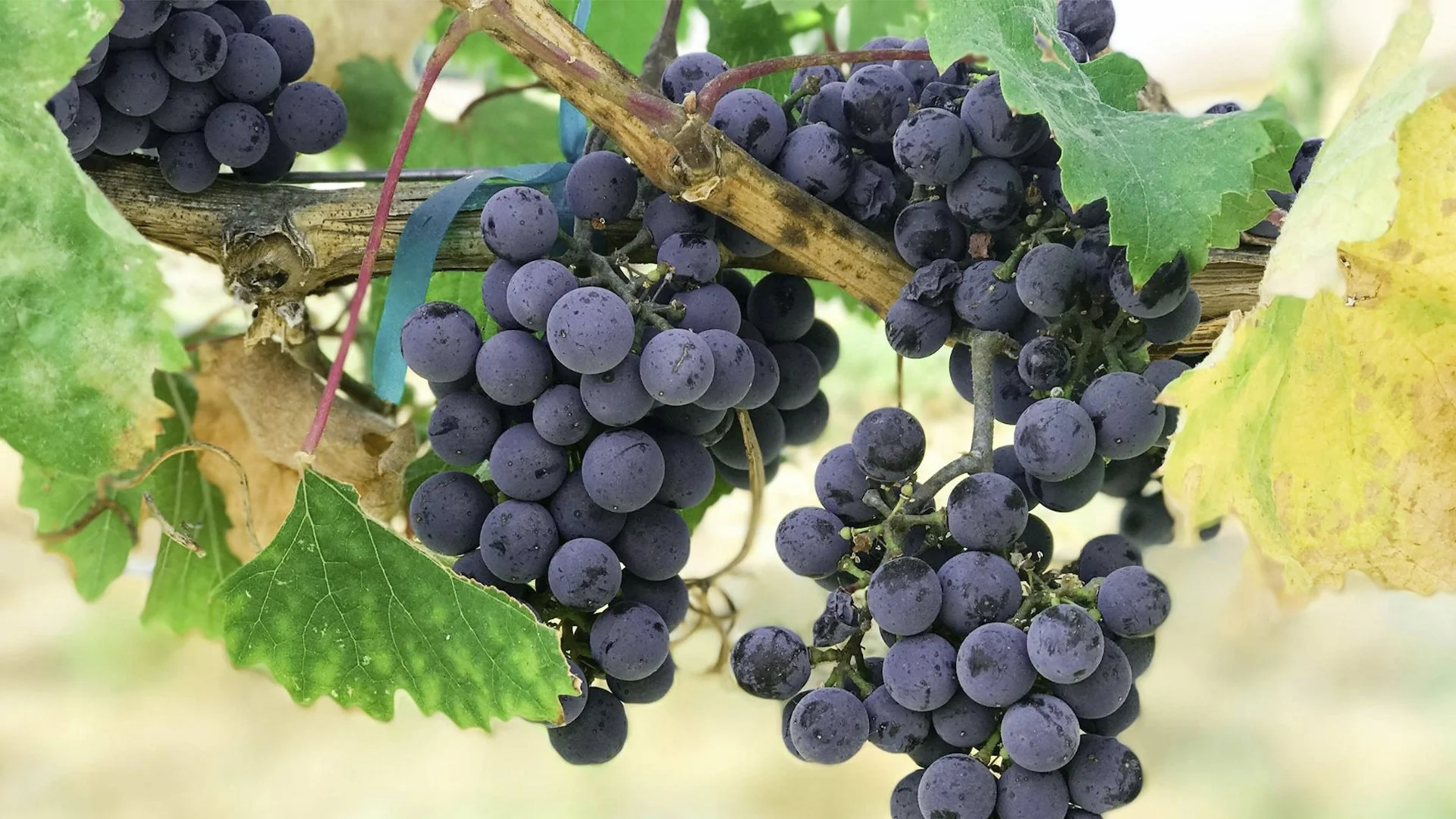
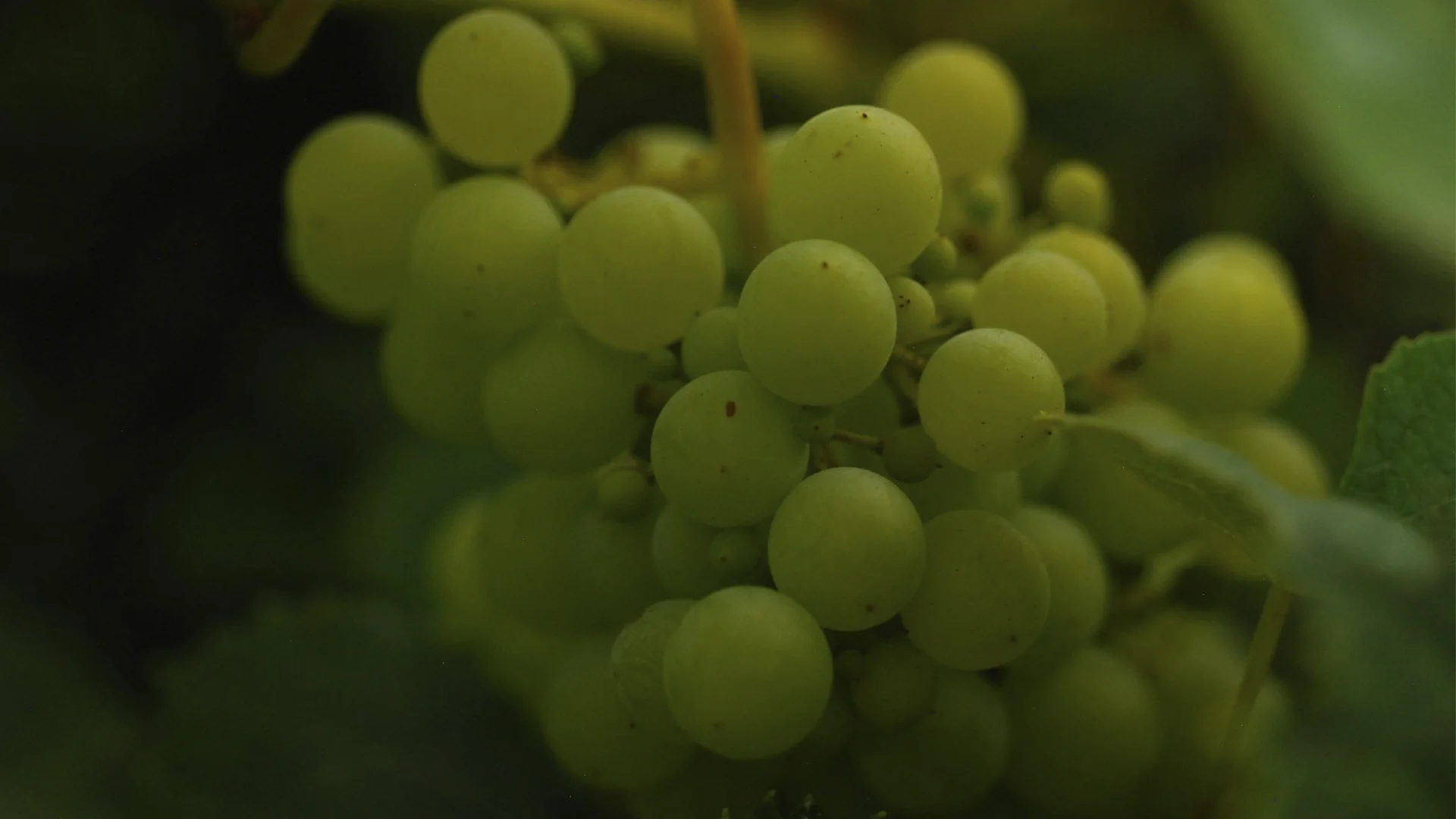
























































































.webp)

.webp)





Are you interested in
collaborating with us?